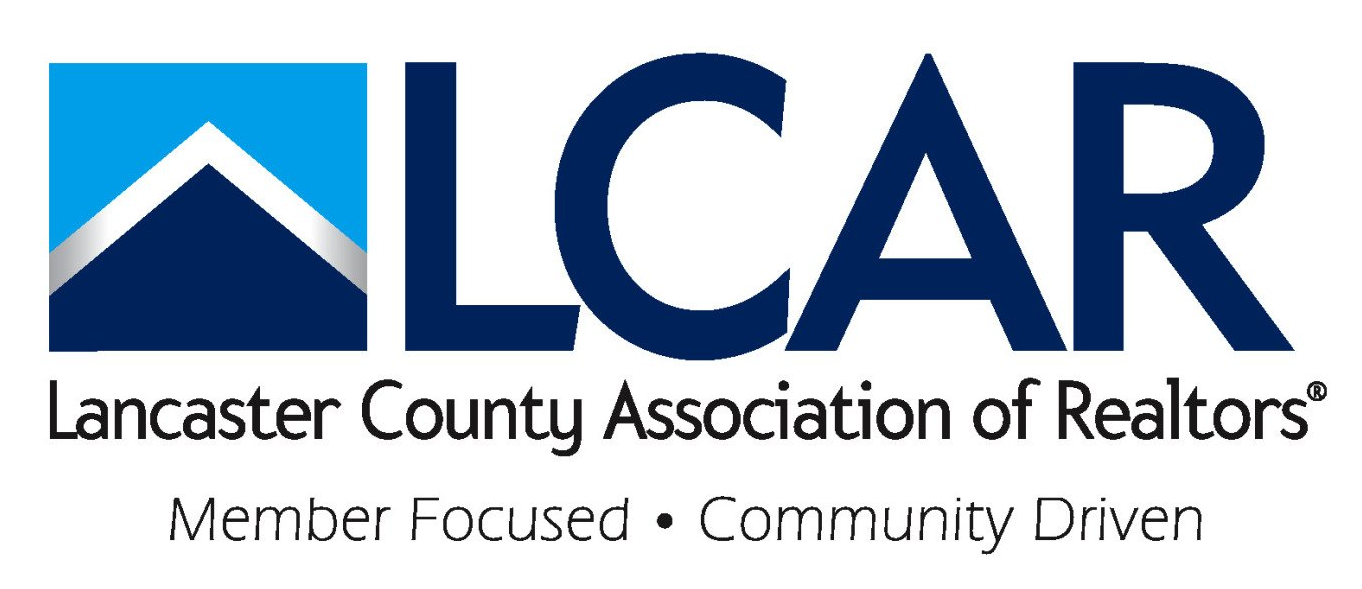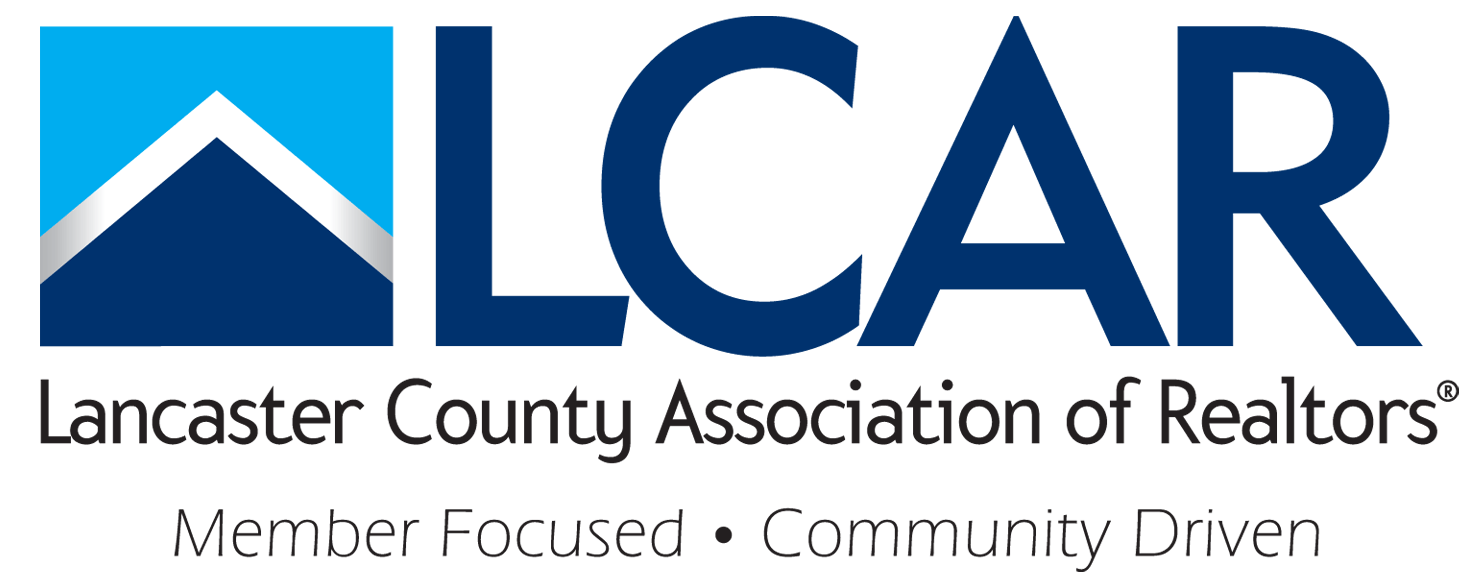Professional Standards
Consumer Grievances
Sometimes issues arise in a real estate transaction between buyers, sellers and the agents involved. The Lancaster County Association of Realtors administers a professional standards program that adheres to the principles of professionalism, integrity and competence as outlined in the National Association of Realtors Code of Ethics, which is enforced by LCAR’s Professional Standards Group. This program assures the public that LCAR members believe in fair business practices and the just rules that govern their professional conduct.
LCAR is a not-for-profit corporation that offers its members, as well as consumers, a vehicle to economically expedite ethics complaints. The Association attempts to educate members but also discipline those who engage in unethical conduct. Please note that our procedures deal exclusively with the ethical performance of our members and the Association has no authority to award monetary damages or legal fees.
Frequently Ask Questions
For further assistance and appropriate procedures for filing a consumer grievance, contact the Association at 717-569-4625 or email lcar@lcaronline.com.
Agency & Consumer Notice
Buying or selling a home can be intimidating, even if you’ve done it before. That’s why we recommend using a real estate professional – a Realtor – to guide you through the process.
Agency and Business Relationships
Whether you are buying or selling a home, it is important to understand what relationships exist–or can exist–between you and a real estate professional. Even if you have chosen to go it alone (i.e., buy or sell without the help of a Realtor), chances of escaping this experience are pretty slim.
Here’s why: every real estate licensee that you meet during the course of your transaction (open houses, listing appointments, phone calls to brokerages, etc.) is under a legal obligation to explain to you the various business relationships you can have with him or her–even if you do not wish to work with them at all. This explanation will come by way of a written Consumer Notice if the meeting is in person, or via an Oral Consumer Notice if it’s by telephone.
By law, the Notice must be given before you start discussing your real estate needs and, in effect, puts you on notice not to mention anything that might hurt your negotiating position until you know who the real estate licensee works for. The written Notice must be delivered to you at the first personal meeting where a discussion of your needs takes place OR, if the original Notice was given orally, at the first face-to-face meeting. You’ll have to sign the Notice so the real estate licensee has proof that it was presented to you.
Your options for working with the real estate licensee will be limited by two things: whether he or she is already working with the “other side” in the transaction and the internal policies of the broker that the licensee works for. The full slate of possible relationships are as follows: buyer agency, seller agency, dual agency, designated agency, transaction licensee and non-agency.
Source: Pennsylvania Association of Realtors


Dispute Resolution System
The Lancaster County Association of Realtors offers a Dispute Resolution System (DRS) that is a non-adversarial program where disputes that arise in a transaction can be resolved through mediation.
Frequently Asked Questions
For further assistance and appropriate procedures for initiating a DRS mediation, contact the Association at 717-569-4625 or email lcar@LCARonline.com.




